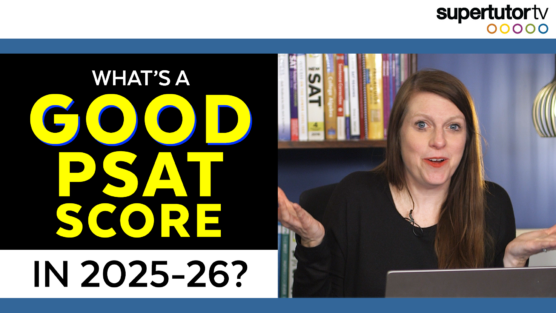Welcome to the first installment of Celebrity Grammar, where you learn how to have better grammar than your favorite celebrities! Rock the SAT test and ACT test English grammar sections with a quick lesson on comma splice as we break down a grammar mishap on Katy Perry’s Twitter.
Let’s take a look at Katy’s tweet:
I reminded cinderella that all this ends at midnight, she was not thrilled. @ Disneyland https://t.co/hFoKYWhVwb
— KATY PERRY (@katyperry) December 18, 2015
What’s going on here is called a comma splice error–n essentially the idea that commas alone cannot be used to join independent clauses. Let’s review independent clauses: a clause contains a subject and a verb, but an independent clause is one that would be a complete sentence on its own.
Take a look at the first clause in Katy’s tweet:
“I” is our subject, “reminded” is our verb, and “cinderella” is our object—making this an independent clause. Immediately following that is our dependent clause “that all ends this midnight”—with “all this” being our subject and “ends” being our verb. The independent clause along with the dependent clause essentially functions as a complete sentence– or in the same way as another independent clause.
“She was not thrilled” can also stand alone as a complete sentence. We have a subject, “she”, a verb, “was”, and the rest of the sentence that answers the question, she was what?– “not thrilled“.
We cannot place a comma between what could be two complete sentences–
exactly what Katy Perry did.
The Fix
There are SO many ways to fix comma splice errors. Here I’ll show you the two easiest methods:
1. Turn it into two sentences, as I mentioned earlier.
“I reminded Cinderella that all this ends at midnight. She was not thrilled.”
2. Add a semicolon.
A semicolon glues together two complete sentences.
“I reminded Cinderella that all this ends at midnight; she was not thrilled.”
These are just two ways to fix this error. Again there are so many other ways to fix comma splices: coordinating conjunctions, dependent clauses, relative pronouns, phrases.
Remember, even if a sentence sounds amazing, that doesn’t mean the grammar is right. Beware of the comma splice!




